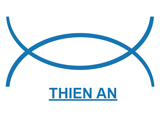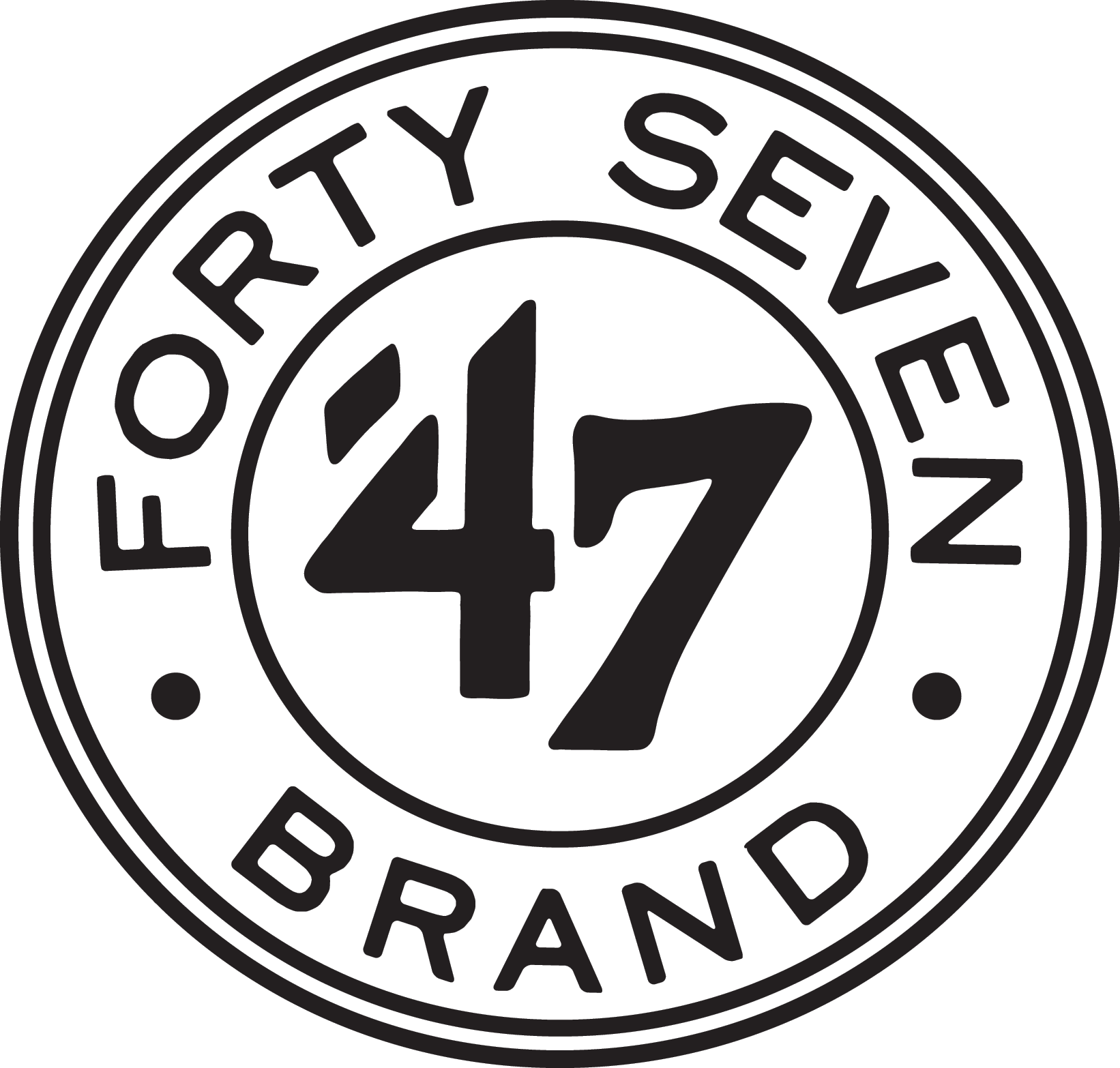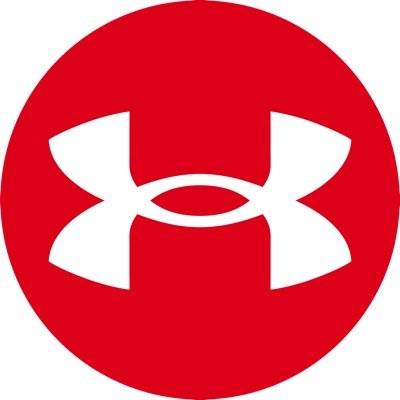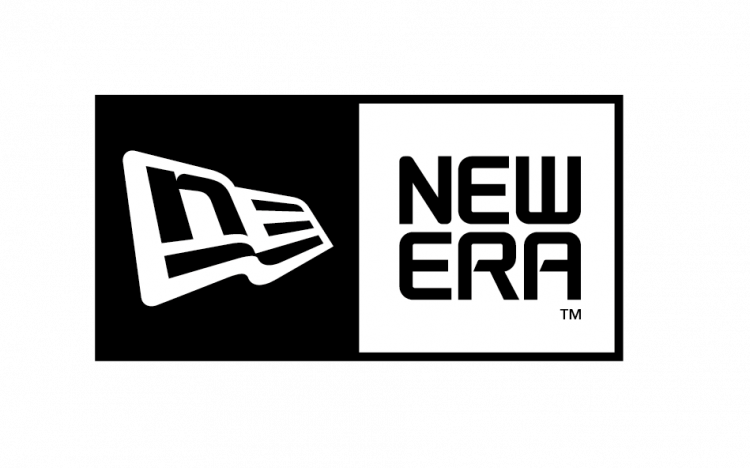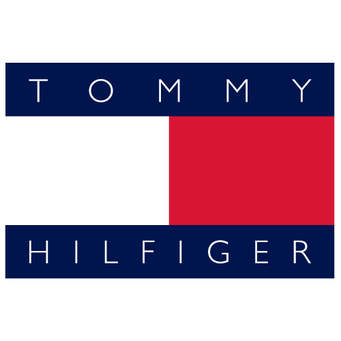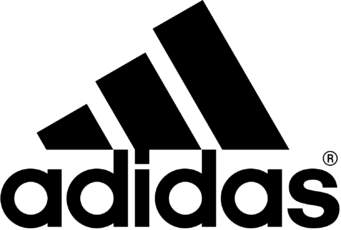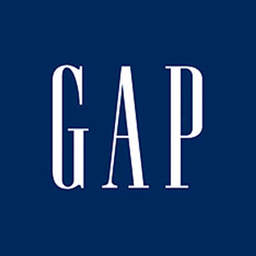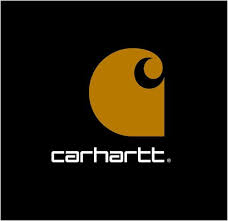A tense atmosphere shrouded the annual general meeting (AGM) of Vinasun Corp. at the end of April. Best known for its subsidiary Vinasun Taxi, Vinasun’s AGM was always going to be difficult due to its poor business performance in 2016.
Small shareholders accepted the truth about the fierce competition from Grab Taxi and Uber and proposed that Vinasun’s management change its business strategy.
One of the company’s leaders vigorously declared it would file lawsuits against tech companies like Grab and Uber for instigating unfair competition.
Continued struggles
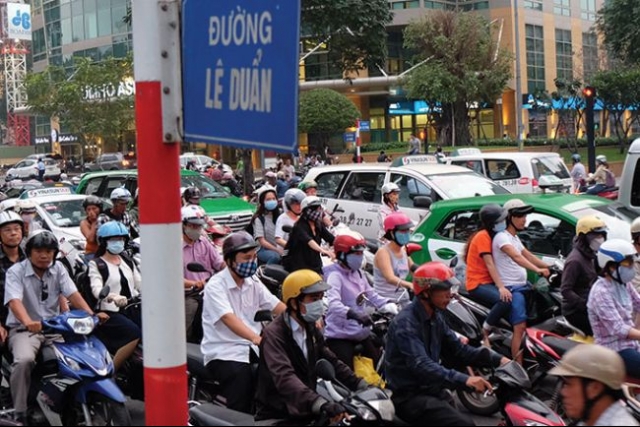
Company leaders said 2016 was a difficult year for the company, though it continued its efforts to promote its strengths in protecting its market share and business development. Business results, however, have been steadily declining for a few years.
Vinasun’s net revenue stood at VND1.02 trillion ($44.8 million) in the fourth quarter of 2016 and some VND4.3 trillion ($189.2 million) for the year as a whole.
Revenue from taxi transport accounted for 96.1 per cent, or VND4.1 trillion ($180.4 million).
The company’s 2016 after-tax profit reached VND295.6 billion ($13 million), down slightly compared to 2015’s VND318.4 billion ($14 million).
The taxi market is experiencing fierce competition with the appearance of Grab and Uber, which has hit Vinasun hard and seen its profit plans cut by 20 per cent, Mr. Dang Phuoc Thanh, Chairman of Vinasun Corp., told the AGM.
The company, he said, has also faced illegal entry into the taxi market by foreign companies with unfair competitive practices in price.
Vinasun has been cautious about setting business targets in the last two years and revenue has not reached full year targets.
Since the company listed on the stock exchange, this is the ninth consecutive year of revenue growth but the pace is considerably down, falling from a steady 17.4 per cent annually in the 2011-2015 period to 5.5 per cent in 2016.
According to many shareholders, Vinasun has been slow to innovate. “Vinasun cannot now compete with the other two firms in terms of price,” one shareholder said.
Others suggested that the company’s management should improve its technology and apps for motorbike taxis.
They expected the Board of Directors to have acted faster and hope foreign investors will participate in the company to improve the level of management.
Mai Linh Taxi is also coping with declining revenue. In a message to shareholders, Mr. Ho Huy, Chairman of the Board at the Mai Linh Group JSC, mentioned Uber and Grab as among the main causes of 2016 being a difficult year for the company in particular and traditional taxi companies in general.
He pointed out that Uber and Grab’s operations in the two major cities of Hanoi and Ho Chi Minh City have created fierce competition in the taxi market, in which tax inequality and other business conditions have greatly damaged revenue.
According to official figures, in just a few years, the number of Uber and Grab taxis in Ho Chi Minh City has reached 21,000. Including unregistered vehicles, the number is estimated at up to 25,000.
The city’s taxi planning, meanwhile, only allows for a total of 11,000 to 12,000 vehicles.
The operations of Uber and Grab have therefore created serious traffic congestion and also losses in government revenue, Mr. Huy was quoted as saying.
In financial year 2016, Mai Linh Taxi’s revenue reached VND3.73 trillion ($164.1 million), an increase of 32.3 per cent compared to 2015, but pre-tax profit was VND61.12 billion ($2.6 million), down VND100 billion ($4.4 million) compared to 2015.
Coping methods
Vinasun plans to buy at least 750 new vehicles this year and sell 1,050 old vehicles to ensure quality services. It will also develop more forms of payment, such as online payments.
According to company leaders, it will restructure its operations and offer a variety of business models to meet increasing demand among customers.
Half a year ago, Vinasun conducted a pilot application of technology to support and manage passenger transport connections for vehicles of less than nine seats.
The pilot was conducted in eight cities and provinces.
Cutting prices to increase its competitiveness is also part of Vinasun’s upcoming development plan.
The VND16,000 ($0.7) rate per km will be reduced to VND15,000 ($0.6) and adjusted according to actual circumstances.
It has also worked with banks and payment centers to introduce a policy encouraging customers to pay online.
Both Vinasun and Mai Linh understand that failure is certain if they don’t keep abreast of market trends.
Mr. Huy said that from 2017 to 2018 the group identified priorities for investment in technology, completing apps to improve service quality, increase utility for customers, and reduce prices.
The smartphone app also has already been introduced in the three major cities of Ho Chi Minh City, Hanoi and Da Nang.
Mai Linh has also announced plans to work with a line of electric taxis made by the US’s DiMora Enterprises, LLC.
DiMora will make several models of five- to seven-seat electric cars to provide taxi services in Vietnam from 2020.
It will invest $500 million in rolling out electric cars in the country and aims to make 5,000-10,000 electric cars each year and may raise capacity to 50,000.
It is currently scouting for the best location to build a factory, with construction slated to begin in the third quarter of this year.
Mr. Alfred J. DiMora, Chairman of DiMora Enterprises, believes his lines of cars can help Mai Linh compete with ride-hailing apps such as Uber and Grab.
The company is also working with the government and relevant agencies to establish policies to support electric cars.
Innovation at Grab & Uber
While Vinasun and Mai Linh are scrambling to find a new direction and blaming Grab and Uber on their falling bottom lines, the latter two are pursuing a new tactic - ride sharing - to make it even cheaper for passengers and more profitable for drivers.
In May, Grab officially launched GrabShare in Ho Chi Minh City, Vietnam’s first on-demand commercial carpooling solution.
GrabShare relies on existing GrabCars to provide passengers with rides that are up to 30 per cent cheaper compared to standard GrabCar fares while also helping drivers earn more by completing two passenger bookings in a single trip.
Uber, meanwhile, has been given approval by the Ministry of Transport (MoT) to conduct its Ridesharing Pilot Program in Vietnam.
It will continue to focus on innovation and technology and prove the potential of travel sharing in major cities in the country.
“We look forward to working with the Vietnamese Government and cities to bring technology to more people and make traveling easier,” said Mr. Dang Viet Dung, General Management of Uber Vietnam.
Uber is also looking into launching UberPool in Vietnam, a model that has been a worldwide success.
In San Francisco, where Uber offers UberPool, rides are even cheaper than bus fares. The usage rate of a regular taxi is only 15-25 per cent and a private car only 5 per cent, but GrabShare and UberPool could maximize usage to 100 per cent.
One interesting piece of technology Uber is researching in Vietnam is self-identification (real-time ID checks), which enhances the security and safety of information for drivers and also customers.
VN Economic Times
